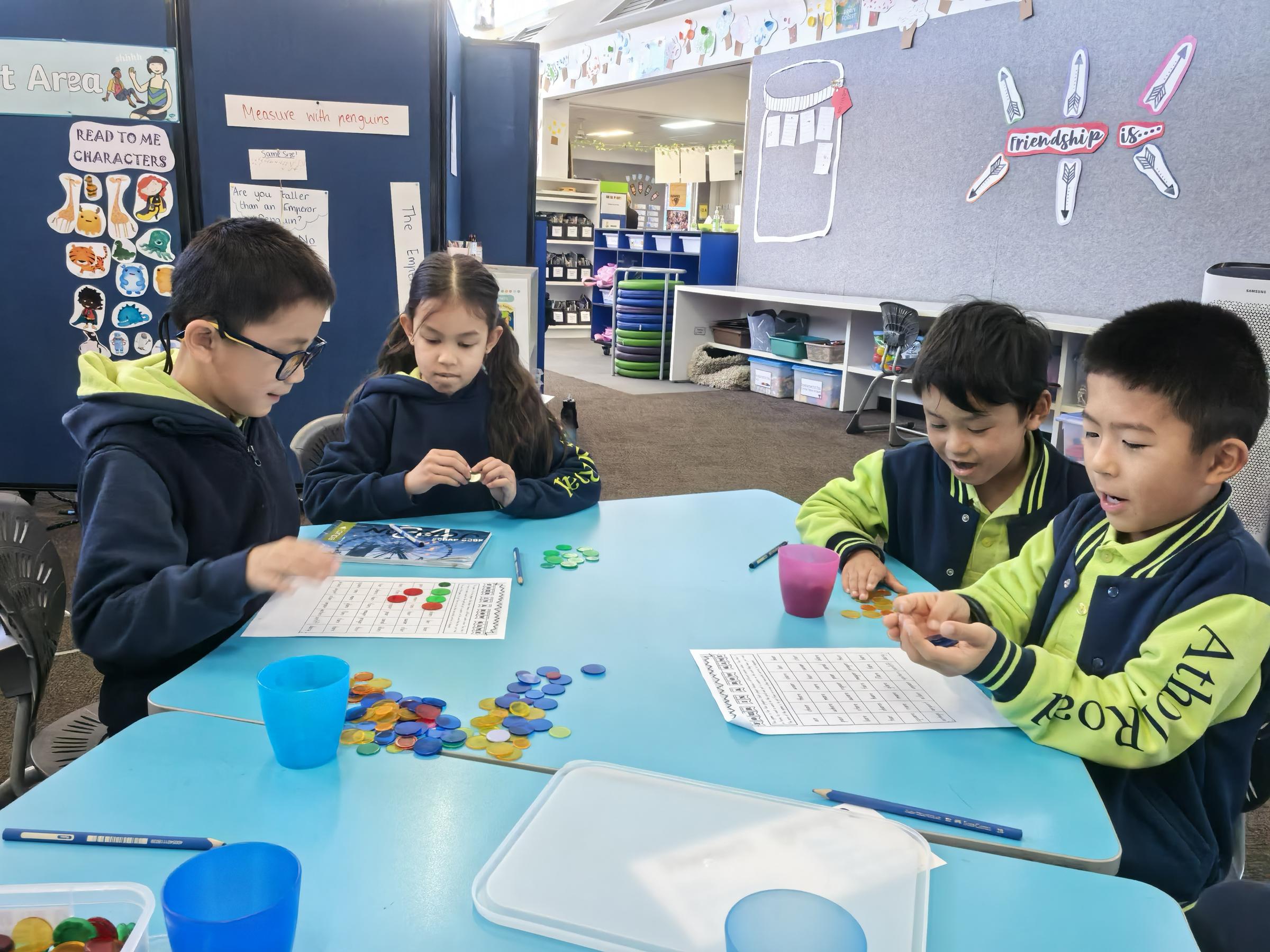Teaching and Learning Update

Problem Solving in Mathematics
Mathematics is more than just numbers and formulas—it’s a vital skill that helps children develop critical thinking and confidence. One of the most valuable parts of learning mathematics is problem solving
Problem solving means using what students know to work through a question or challenge step-by-step. Instead of just memorising answers, they learn to think deeply about the problem, explore different strategies, and find solutions on their own.
Why does problem solving matter?
Develops critical thinking: Students learn to analyse the problem carefully, break it down into smaller parts, and make thoughtful decisions. This sharpens their ability to think logically and creatively.
Builds resilience: Problem solving teaches students that it’s okay to make mistakes. They learn to try again, approach problems in new ways, and persist until they find an answer.
Enhances real-life skills: Problems often mirror real-world situations—like sharing, budgeting, or measuring—helping students see the practical value of mathematics beyond the learning space.
Boosts confidence: Successfully solving problems gives students a great sense of achievement, encouraging a positive attitude towards learning and challenges.
How can you support your child?
Encourage curiosity and questions about everyday mathematics, like calculating change or measuring ingredients.
Praise their efforts and persistence, even if the answer isn’t immediately clear.
Share in problem-solving activities at home, making learning a fun and collaborative experience.
Tawny Harkness
Assistant Principal – Teaching and Learning

